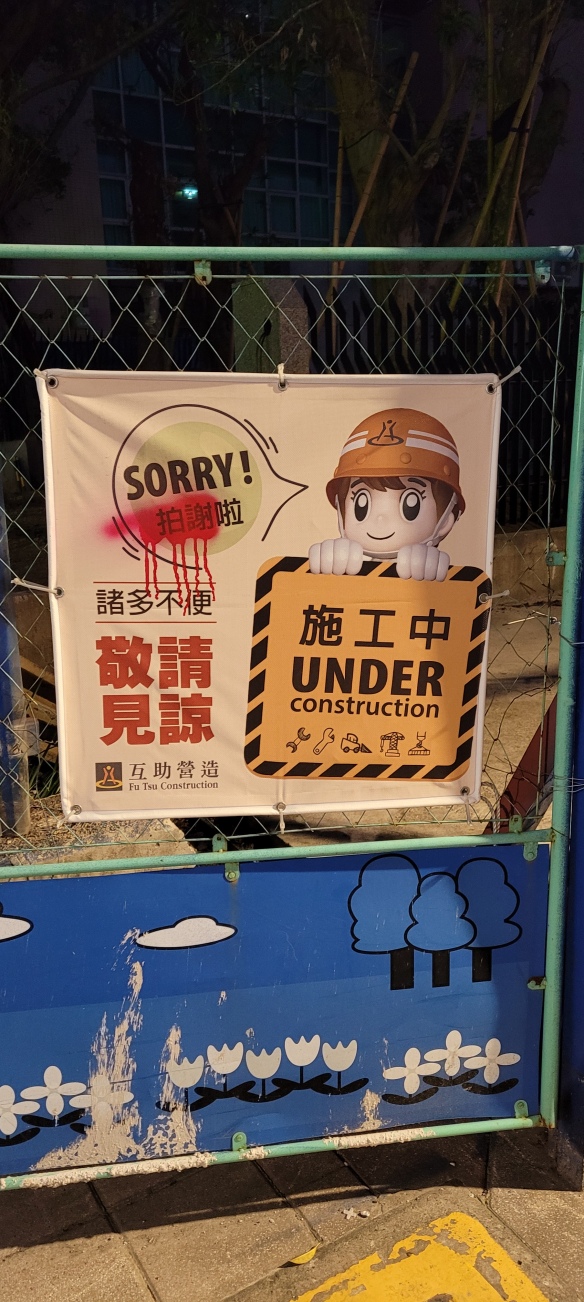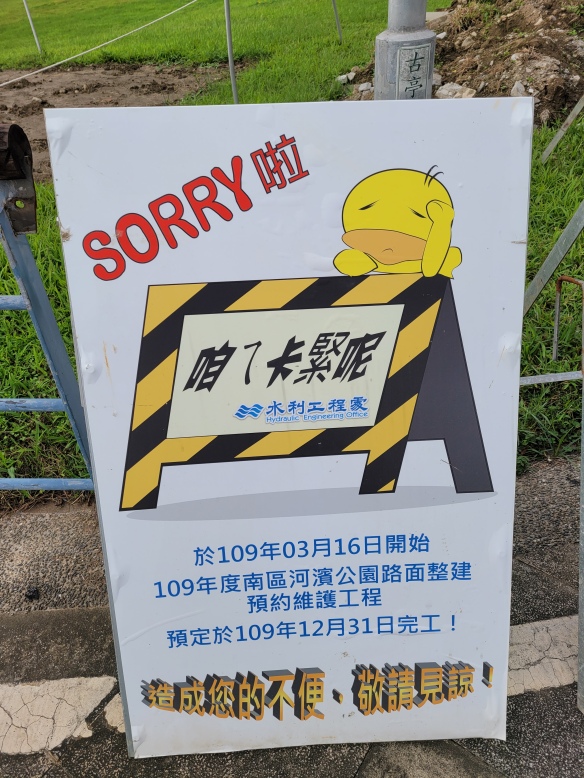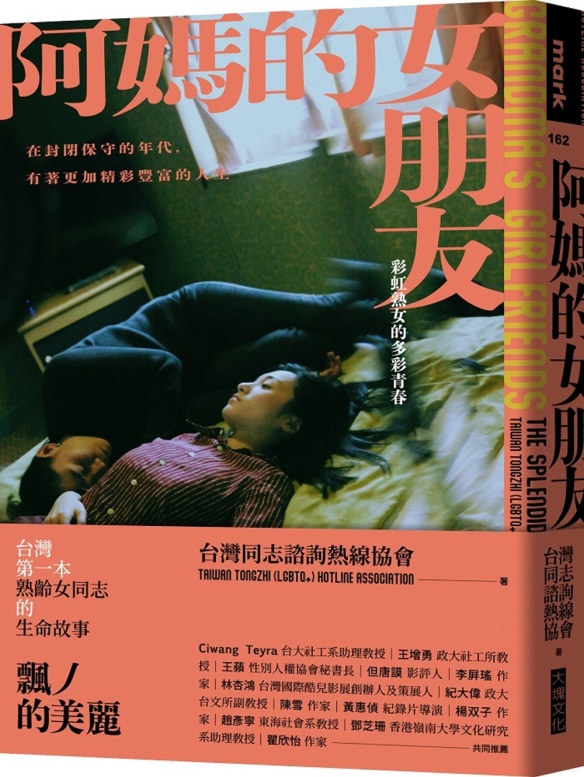The Taiwanese language has a lot of imported words from Japanese, but one of the most common and fun is “Asaburo” (often transliterated into Chinese as 「阿薩布魯」) used to refer to something messy or chaotic. Like, for example in this article:
空軍在東引所部署的預警雷達並不是阿薩布魯的「歹銅舊錫」,而是與鎮守台灣南北兩端海拔千餘公尺的嵩山雷達站、大漢山雷達站相同的AN/FPS-117三維長程防空雷達。
The early-warning radar deployed on Dongyin Island isn’t a hodge-podge of low-grade copper and shoddy tin, but is rather an AN/FPS-117 3-dimensional air search radar, like those watching over the northern and southern extremes of Taiwan from an altitude of over 1,000 meters above sea-level at the Songshan and Dahanshan radar stations.
The funny thing about this word, however, is that in Japanese (朝風呂/あさぶろ/asaburo) it only refers to morning baths.

The running theory in Taiwan (and among my colleagues when I discussed it with them) is that this word was adopted to mean messy, as the idea of bathing in the morning is a messy thing to do. This touches on a bit of a cultural difference between Taiwan and the UK/Ireland as, although I remember having a bath every night before bed as a child, it was the norm for my entire family to shower in the morning before school/work once we were old enough to wash ourselves. In Taiwan, the general idea is that you should be clean when you go to bed, whereas in the UK/Ireland the general idea is that a shower in the morning wakes you up. If you’ve ever lived with a Taiwanese person, you’ll register their dismay if you choose to shower in the morning instead of before bed.
You can always shower twice a day, especially during the humid summers in Taiwan, to keep everyone happy.
I also found this list of Japanese imported words on the internet, if you want to broaden your vocabulary (unfortunately the blog has been deleted, so have used the wayback machine to find it):











